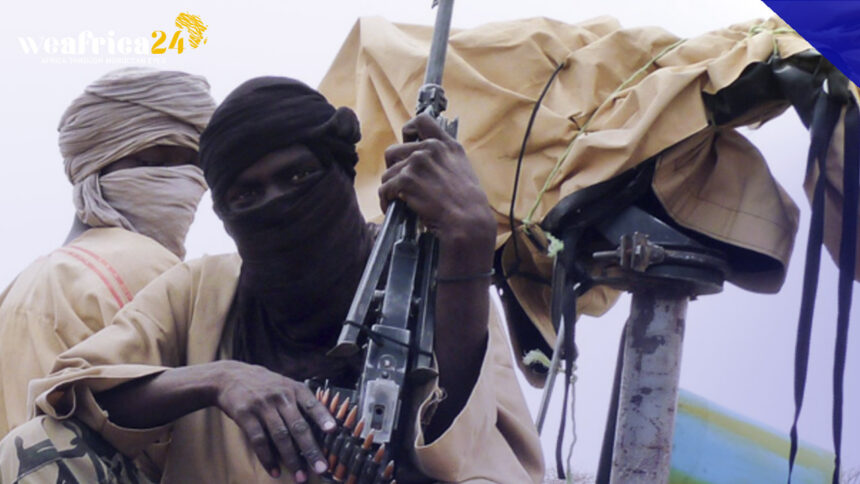Mali, a landlocked country in West Africa, has been plagued by terrorism for more than a decade. Despite efforts by the Malian government and the international community to combat terrorism, attacks by various extremist groups have persisted, resulting in a deteriorating security situation and a humanitarian crisis.
The 2011 Libyan civil war, which ousted and killed Libyan leader Muammar Gaddafi, sparked the current wave of terrorism in Mali. The conflict destabilized the region, causing the proliferation of weapons and the movement of fighters across borders. Various Islamist groups, including Al-Qaeda in the Islamic Maghreb (AQIM) and Ansar Dine, joined the Tuareg separatists in the northern part of Mali, leading to a rebellion.
Extremist Groups Continue to Carry Out Attacks Despite Military Intervention
In 2012, the Islamist groups overran the Tuareg separatists and established a de facto state in northern Mali. The Malian government, with the support of France and other international partners, launched a military intervention in 2013 to retake the territory. The intervention was successful in pushing back the Islamist groups, but the situation remained fragile, and attacks continued.
Since then, various extremist groups have carried out attacks in Mali, targeting government officials, military personnel, and civilians. AQIM, which originated in Algeria, has been particularly active in Mali and has claimed responsibility for numerous attacks, including the 2015 attack on the Radisson Blu hotel in the capital city of Bamako, which left 22 people dead.
Al-Qaeda-affiliated Macina Liberation Front has actively carried out attacks on military and civilian targets in central Mali. Meanwhile, the Islamic State in the Greater Sahara (ISGS) has emerged as a new threat, particularly in the border region with Burkina Faso and Niger.
Conflict, Inter-Communal Violence, and Terrorism Take a Toll on Civilians
The ongoing conflict has had a devastating impact on the civilian population, with hundreds of thousands of people displaced and in need of humanitarian assistance. Armed groups have fueled inter-communal violence, exacerbating the situation, and the lack of state authority in some areas has further contributed to the problem.
Several factors, including corruption, weak governance, and the limited capacity of the security forces, have hindered the efforts of the Malian government and its partners to combat terrorism. In addition, the conflict has spilled over into neighboring countries, including Burkina Faso and Niger, which have also seen an increase in terrorism and inter-communal violence.
Terrorism in Mali is a complex and multifaceted issue that requires a comprehensive and sustained response from the Malian government and its international partners. This should include not only military action against extremist groups, but also efforts to address the underlying social, economic, and political factors that have contributed to the conflict.







